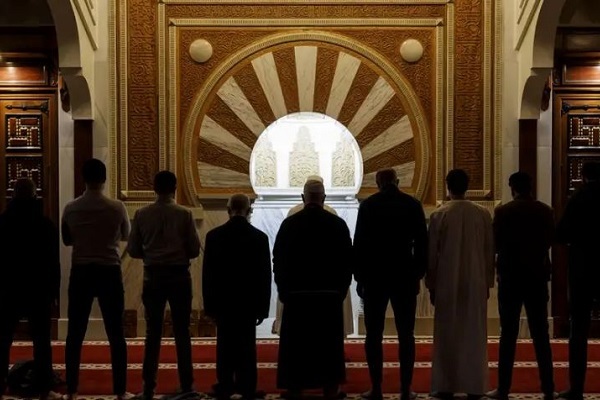Spanish Ombudsman Probes Ban on Muslim Festivals in Jumilla

The Jumilla municipal government in the Murcia region, led by the conservative Popular Party, recently passed a measure barring “cultural, social or religious activities unrelated to the City Council” from facilities such as civic centers, sports halls, and gyms.
The decision effectively prohibits events including Eid al-Fitr and Eid al-Adha from taking place in municipal spaces.
The measure originated from the far-right Vox party, which initially proposed a total ban on Islamic events. Vox abstained from the final vote, allowing Mayor Seve González to approve a revised version.
She told El País the rule was not aimed at any specific group and was intended to “promote cultural campaigns that defend our identity.”
Ombudsman Ángel Gabilondo has asked Jumilla officials to clarify how they plan to ensure religious groups can continue public worship, Deutsche Welle reported on Friday.
In his official request, he sought information on “the measures planned to facilitate the exercise of acts of worship by religious denominations which, due to their unique characteristics, must be held in public places such as pavilions or sports centers.”
Read More:
Jumilla, home to about 1,500 Muslims out of a population of just over 27,000, has drawn national attention over the decision. The council claimed its aim was to “promote and preserve the traditional values and manifestations of our cultural identity.”
Muslim community leaders have condemned the measure. Mounir Benjelloun Andaloussi Azhari, president of the Spanish Federation of Islamic Organizations, called it “Islamophobic and discriminatory,” while Mohamed El Ghaidouni, secretary of the Union of Islamic Communities of Spain, described it as “institutionalized Islamophobia.”
The Vox party welcomed the move, posting on social media that “the first measure to ban Islamic festivals in Spain’s public spaces has been passed” and declaring that “Spain is and will be forever the land of Christian roots.”
Read More:
Party leader Santiago Abascal added, “Spain is not Al Andalus,” referencing the name for Islamic Spain before its fall in 1492.
Criticism has also come from outside the Muslim community. Migration Minister Elma Saiz called the ban “shameful” and urged Jumilla’s leaders to reverse course and apologize.
Source: Agencies



